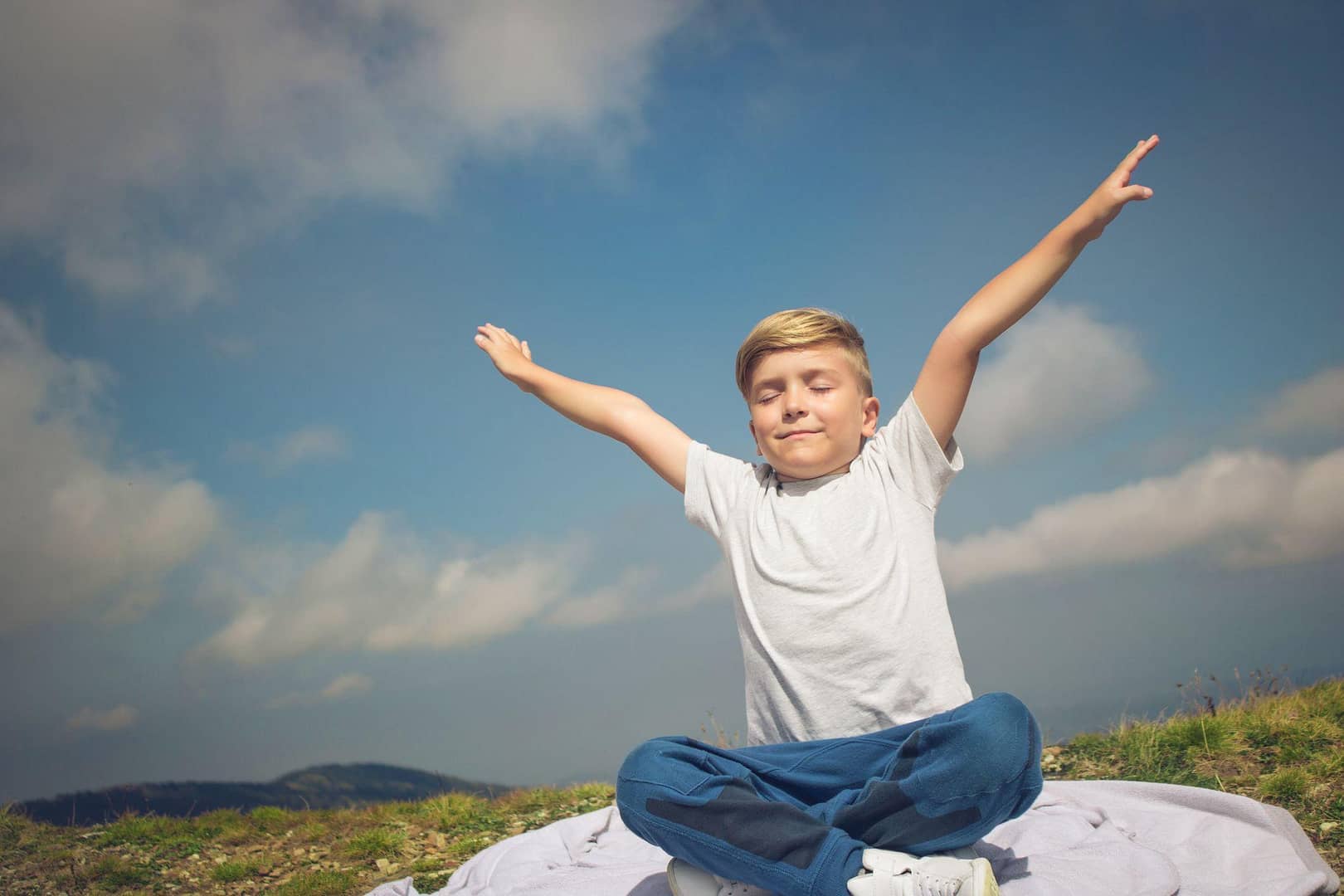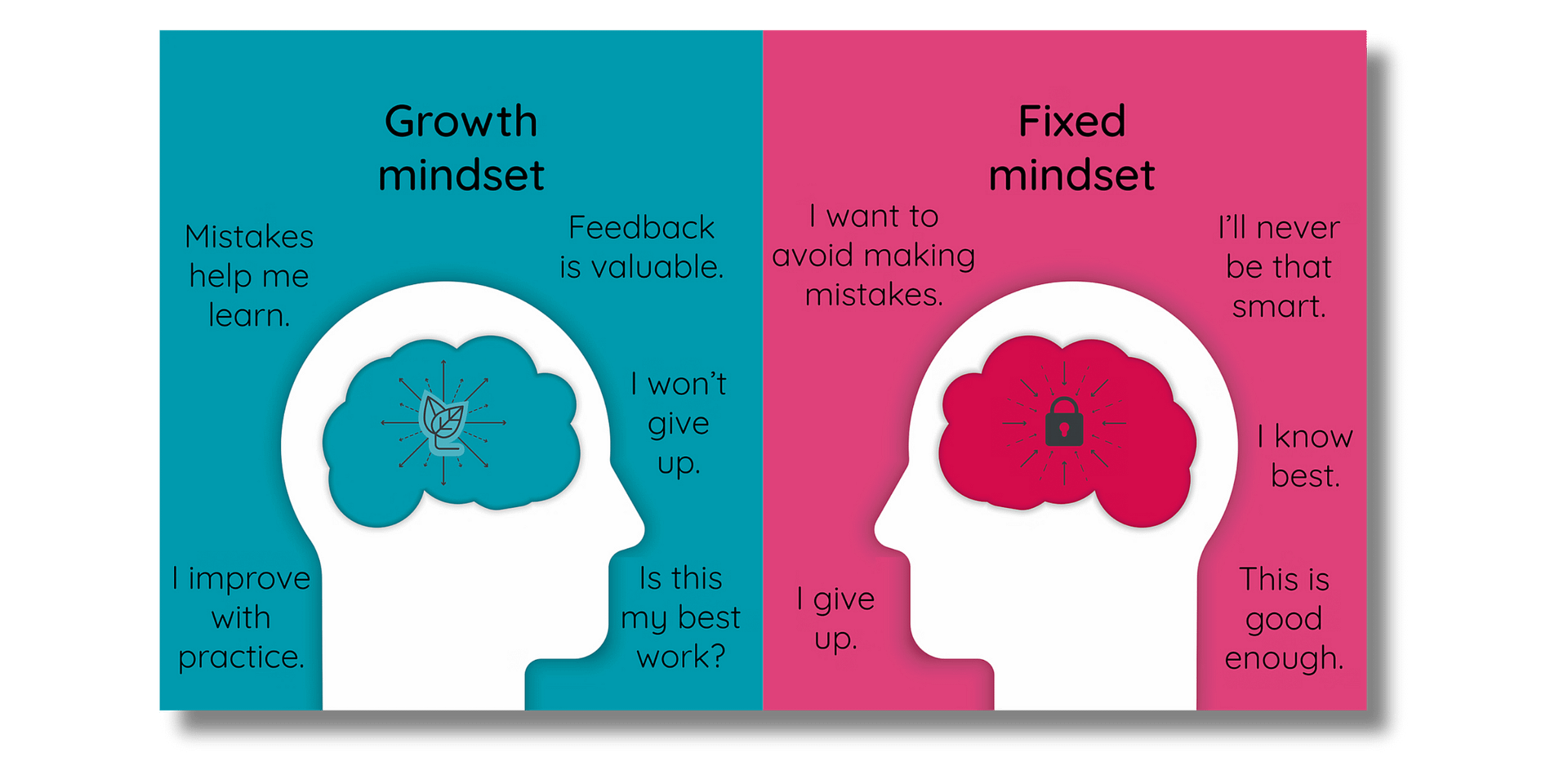Building Resilience In Primary School Children
Written by Kapow Primary
Published on 23rd August 2023
Last Updated: 24th August 2023
Written by Kapow Primary
Published on 23rd August 2023
Last Updated: 24th August 2023

We are not born with resilience; it’s a skill that evolves as we learn and grow. Resilient children are able to adapt and choose from a range of supportive strategies if things don’t go as planned.
There has never been a more critical time to focus on building resilience to support children’s wellbeing in primary schools.
“In 2022, 18% of children aged 7 to 16 years had a probable mental disorder.”
From the NHS survey on Mental Health of Children and Young People in England 2022.
That’s nearly one in five children. It does not include those with milder mental health issues that may go unnoticed or those who will go on to develop them.
Many schools are struggling to provide the nurture and support children need for their mental health and wellbeing. With budgets stretched tighter than ever, schools do not have the resources to meet the demand.
More and more, schools are integrating wellbeing into their curriculums. Kapow Primary’s free Wellbeing scheme aims to equip primary-age pupils with the knowledge and skills they need to nurture their mental health and build resilience.
Resilience refers to the ability to bounce back from adversity, challenges, or difficult situations. It involves adapting, learning, and growing stronger in the face of stress or trauma.
“Our greatest weakness lies in giving up. The most certain way to succeed is always to try just one more time.”
Thomas Edison
Wellbeing and resilience are interconnected concepts that overlap and influence each other.
Resilience plays a crucial role in mental health. Children with higher resilience are more likely to experience positive mental health outcomes, such as reduced symptoms of anxiety, leading to improved overall wellbeing.
Resilience is central to Kapow Primary’s Wellbeing and RSE & PSHE lessons.
According to the charity Young Minds:
“The number of under 18s referred to Child and Adolescent Mental Health Services (CAMHS) has risen by 53% since 2019.”
We can’t say if the rise in child mental health referrals directly results from the Covid-19 pandemic, but we can conclude that children’s needs have changed. We can see this from our research on ‘How did the Covid pandemic impact children’s attention spans?’
Today’s children come with a different set of challenges. They require more mental health assistance than they did in the years preceding the pandemic.
Building resilience is about teaching children to be problem solvers so that they’re able to find solutions to unfamiliar and challenging situations.
The theme of resilience is integrated throughout all of Kapow Primary’s Wellbeing and RSE and PSHE lessons.
For every year group from Reception to Year 6, we provide a short but comprehensive sequence of five Wellbeing lessons. These can be taught as a block or during the year when needed. Our Wellbeing lessons are completely FREE for anyone who signs up.
Kapow Primary’s Wellbeing curriculum focuses on five strands adapted from the NHS guidance 5 steps to mental wellbeing.
The five strands are:
Our spiral curriculum design enables children to revisit these strands year after year, becoming familiar with them and embedding them into their learning.
Lessons from all strands encourage children to build resilience, but they are most explicit in the ‘discover’ strand. Discover lessons help pupils to learn how new skills and interests can improve their wellbeing by developing their mental resilience in the following ways:
Young children can find themselves limited by a fear of trying new things and taking risks.
The concept of healthy risk-taking is introduced in Reception as children are encouraged to try something new and discuss how it makes them feel. Taking calculated risks helps children build resilience and confidence.
A mistake doesn’t have to be negative. In Year 1, pupils learn that it can be good to make a mistake and that a mistake can be turned into something new. Learning to lose or fail can be difficult, but children develop resilience when they understand that it forms part of a learning process.
Perseverance is an essential life skill that helps children to be more resilient. Pupils in Year 2 focus on perseverance as they complete a difficult task without giving up. They consider different strategies and how they can be used in other situations.
In Year 3, pupils learn that ‘practice makes progress’ as an alternative to ‘practice makes perfect’, as striving for perfection can hold children back.
Pupils practise the skill of drawing to see their progress in a short period of time. Then, they think about another skill they wish to improve.
By accepting that learning something new takes dedication and perseverance, children can increase resilience by lowering expectations of themselves when they try something for the first time.
In Year 4, children learn strategies to build resilience by overcoming mental and physical hurdles. They explore the barriers to progress and think of new ways to achieve their goals.
Overcoming hurdles will take on a different meaning, depending on the children. For some, it will be about increasing resilience through outdoor adventurous activities, while others may wish to improve skills such as drawing or computer coding.
Two types of mindset:

A diagram that displays the variations between mindsets, presented in our Year 5 Wellbeing lesson.
A fixed mindset can lead to negative thoughts and make it difficult to build resilience.
Many of our Wellbeing lessons inspire children to adopt a healthy mindset. In Year 5, they discover the benefits of a growth mindset. Children learn how to turn fixed mindset statements into growth mindset statements and to add the word ‘yet’ to them, supporting a more positive attitude and mindset.
In Year 6, children draw on all their Wellbeing skills to help them set achievable goals. Pupils record their goals on a vision board with positive statements or strategies to help them achieve them.
If you enjoy our Wellbeing lessons, why not try our RSE and PSHE lessons, which include further information about health and wellbeing and much more?
Resilient children are well-rounded and able to face new and unexpected challenges. Resilience is an invaluable set of skills that grows over time but can also be taught.
By encouraging children to build resilience, we can empower them to become resourceful and well-adjusted individuals ready to face the world’s uncertainties with confidence.